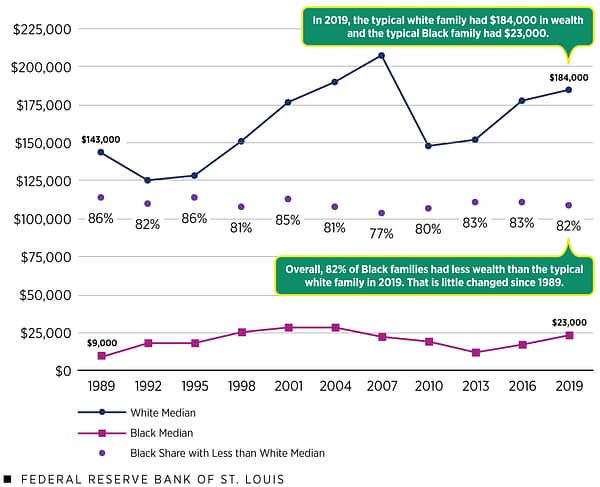U.S. President Joe Biden signed into law the first new federally recognized holiday in decades this week. Beginning today, June 19th 2021, Juneteenth National Independence Day will be observed each year by the federal government in recognition of the long-celebrated date in 1865 when the Union army was finally able to enforce, in the southern states, President Lincoln’s Emancipation Proclamation which ended slavery in the United States.
Juneteenth National Independence Day
Even without federal recognition, millions of Americans have celebrated Juneteenth each year. As a resident of Washington, DC it was a big deal and celebrated all over the city. With President Biden’s signature, Juneteenth will now be officially observed as a federal holiday across the entire country. I am hopeful that this formal recognition will help bring more awareness and action toward racial equality in the United States as actions always speak louder than words.
Since this is a finance blog, I thought it would be interesting to dive into the financial numbers that relate to Black Americans. It is no secret that in 2021 the average Black American household still earns lower wages and has a lower net worth than their white counterparts. But I wanted to dig into the research and see just how much different these numbers are.
Measuring the Value of Forced Labor in the United States
Thomas Craemer, of the University of Connecticut, estimated that the present value (in 2009 dollars) of slave labor in the United States to range between $5.9 to $14.2 trillion. That would be $7.4 to $17.8 trillion in 2021 dollars. Craemer analyzed the unremunerated work hours of slaves and the historical free labor market wages to derive this estimate. This represents the wages not paid to enslaved African Americans and retained by the white slave owners to further improve the wealth of their estate.
Imagine the potential generational wealth that was destroyed (or more accurately, transferred to the slave owner’s family) during this time. One of the most hotly debated arguments within the reparations movement centers around this mis-appropriation of wealth during the period of legalized slavery in the United States.
The Racial Wealth Gap
The St. Louis Federal Reserve Bank recently published an excellent analysis of the racial wealth distribution in the United States. The gap in wealth between white and black families in the United States is over $160,000 with the median white family having a net worth of $184,000 compared to $23,000 for the median black family. Overall, 82% of black families have less wealth than the median white family.

The Racial Wage Gap
Payscale conducted a very informative study of the wage gap between different races compared to white workers. This analysis is especially interesting because they fully controlled for all employment characteristics. By doing this, they were able to isolate the amount of wage difference that can reasonably be attributed directly to race and in this case that amount was $1,400 or 2% of wages. The nature of this study does not account for the impact of less access to higher education and other opportunities that are often denied or made much more difficult to access for black Americans, so this is purely a look at the wage gap between two identically credentialed individuals.
According to the Bureau of Labor Statistics’ Characteristics of Minimum Wage Workers in 2020, the proportion of minimum wage jobs held by Blacks was 17.7%, which is higher than the overall proportion of Blacks in the population, 13.4%. The Economic Policy Institute also found that Black workers are far more likely than White workers to be earning poverty level wages.
Racial wealth gap may be a key to other inequities
Scholars at Harvard put together a comprehensive look at the impact of all forms of discrimination on the racial wealth and income gaps, Racial wealth gap may be a key to other inequities. “Most scholars agree that the legacy of slavery and other subsequent forms of legal discrimination against African Americans have hindered their ability to accumulate wealth.” I highly recommend reading this informative summary of the many places in which inequality is pervasive throughout our society and the impact it has on the financial situation experienced by Blacks and Hispanics in America.
Take some time this June 19th to celebrate the end of slavery in the United States and continue educating yourself on the continued struggle of Black families for equality in pay, wealth, and access to opportunity. Then get out there and help change the status quo!






Leave a Reply